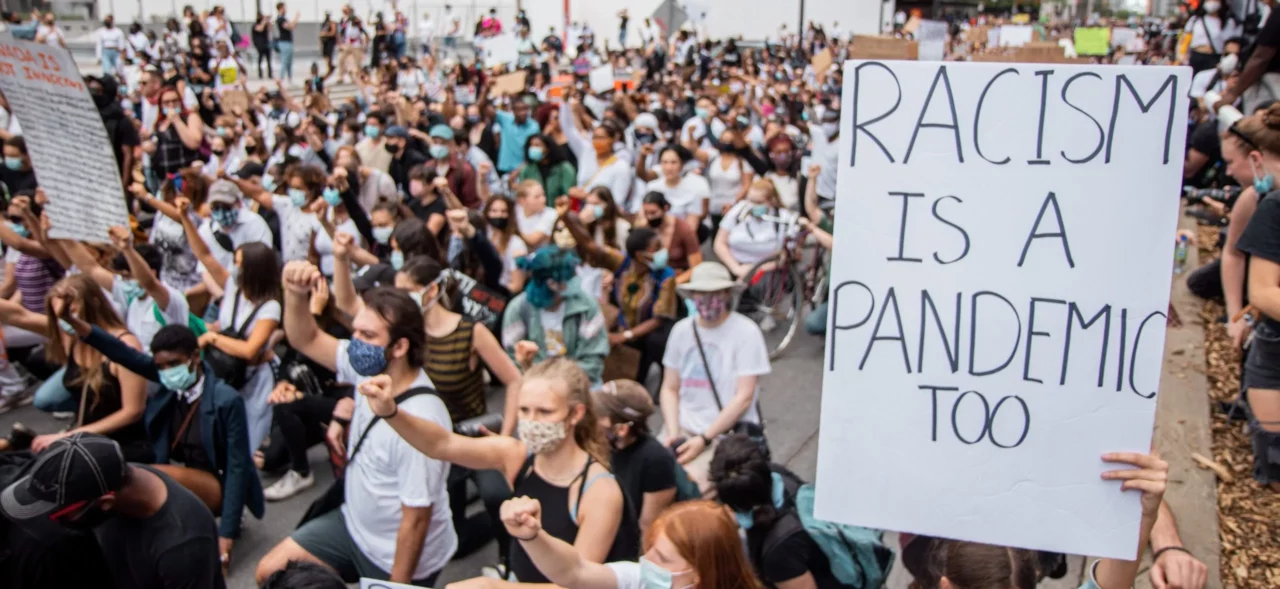This year, Canada day is happening in a cloud of shame and a public reckoning with the darker and often ignored parts of Canadian history.
In May of this year, the Canadian public was finally forced to face the horrors of the country’s history when a mass grave of 215 children was found on the site of a former residential school in Kamloops, BC. But this was only the beginning. In the 5 weeks since then, at least 5 more mass graves have been found at former residential schools, the largest of which (so far) with 751 unmarked dead bodies found just last week.
The Canadian Indian Residential School system was a program run by the Catholic diocese in Canada to forcibly remove indigenous children from their homes, placed in these “schools” where they lived away from their families, were banned from speaking their language, forced to convert to Catholicism, and punished if they broke these rules. Canada’s Truth and Reconciliation Commission has called this system “cultural genocide”. Canadians all learn a little about residential schools in their own schooling, but it seems that it is taught in a similar way that slavery is often taught in the US or colonialism is often taught in the UK – in not too much depth, to preserve the mythos of a tolerant and multicultural Canada. As a result, many across the country have called these revelations shocking, but the truth is that indigenous groups have been talking about this for years. The only reason so many of us are shocked by this is because we didn’t listen, and so didn’t learn about it.
And the effects of residential schools and the racism they were founded on reverberate into present society – indigenous Canadians receive lower quality health care due to prejudice from medical professionals, are more likely to go to prison for similar crimes than non-indigenous Canadians, and experience unconscious and conscious bias at every stage of hiring. And when they are hired, most are made to feel psychologically unsafe at work – recent studies have shown that as much as 61% of indigenous employees in Canada feel they can’t speak up, express disagreement, or make mistakes without unreasonable backlash. This is not just bad for Indigenous people, but it means organisations are missing out on getting the most out of their workforce. This bias prevents us from getting the best people for the job, and then prevents them from thriving if they manage to get past all the barriers we put in front of them.
So while Canada Day is usually a day of celebration, perhaps this year we should use it as a day of reflection and a day to plan for action. Let’s use it as a catalyst to learn more about these experiences and commit to steps we will take to mitigate our biases as well as the structural barriers indigenous people face. It’s long past time to get to work.



